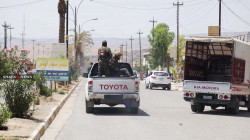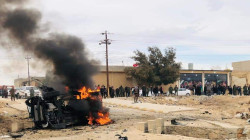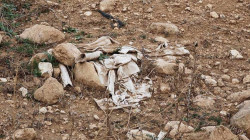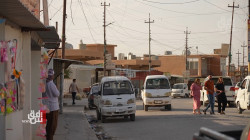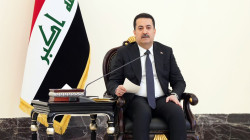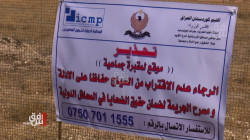Nineveh approves over 17,500 government jobs, prioritizing Sinjar
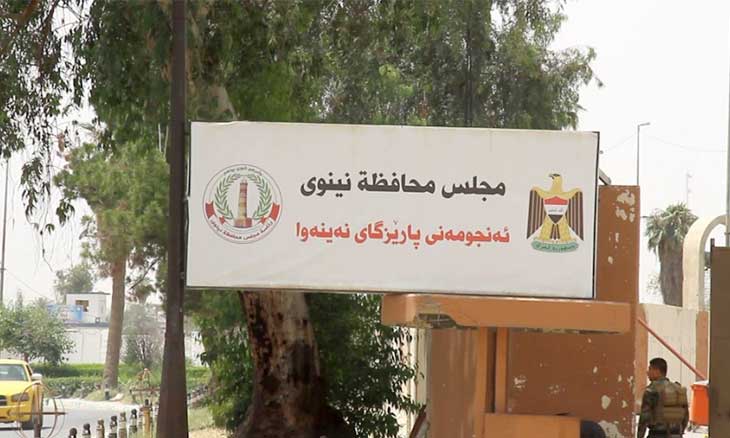
Shafaq News/ The Nineveh Governorate Council allocated over 17,500 employment contracts on Monday, prioritizing stability in the Sinjar district with an additional 1,000 positions reserved for its residents.
Hatem al-Hashimi, a member of the council, confirmed to Shafaq News Agency that "the council voted to distribute 17,500 jobs based on population density across Nineveh's administrative units."
"The council voted to eliminate all exemptions except for Sinjar. In an effort to bolster stability in the district, 1,000 positions will be allocated across various sectors for all ethnic and religious groups." He added that "Nineveh Airport received an additional 50 job contracts."
"16,000 contracts will be dispersed proportionally among districts and sub-districts. A council committee will be formed to oversee the process."
Sinjar is a Yazidi-majority town in northern Nineveh governorate that suffered heavily during the Islamic State of Iraq and al-Sham (ISIS) onslaught in 2014, leading to genocide and other systematic abuses against its communities. But with ISIS no longer a major threat, political disorder, and security skirmishes continue to impede the recovery of the war-scarred community.
Sinjar is considered one of fourteen disputed territories claimed by both Baghdad and Erbil, which is defined by the rivalry between government and territory control. Additionally, as Sinjar shares borders with Syria's al-Hasakah province to the northwest and Turkey's Silopi province to the northeast, it remains in a regional quandary.
Under the auspices of the United Nations Assistance Mission for Iraq (UNAMI), the federal government in Baghdad and the Kurdistan Regional Government (KRG) signed on October 29, 2020, a security and stability agreement for the district of Sinjar, aiming for reconciliation.
In terms of security, the agreement calls for the deportation of all armed groups and the appointment of 2,500 local security forces to Sinjar. However, the call for local police to re-control the area remains vital—absent implementation. The agreement also mentions the withdrawal of the Kurdistan Workers Party from the Sinjar district. The PKK moved to Sinjar with the advantage of a security vacuum in 2014 as the ISIS attacks ensued. Soon after the establishment of the Sinjar Resistance Units, a political wing was founded under the Sinjar Democratic Autonomous Council and Yazidi Freedom and Democracy Party. With the PKK’s integration and the recruitment of Yazidis to the YBS to help with the area’s security, it created further obstacles to the group’s departure.
However, despite the repeated calls from the KRG, the agreement introduced to the public with minimal consultation for the local community remains with stalled with a little appetite for implantation.
